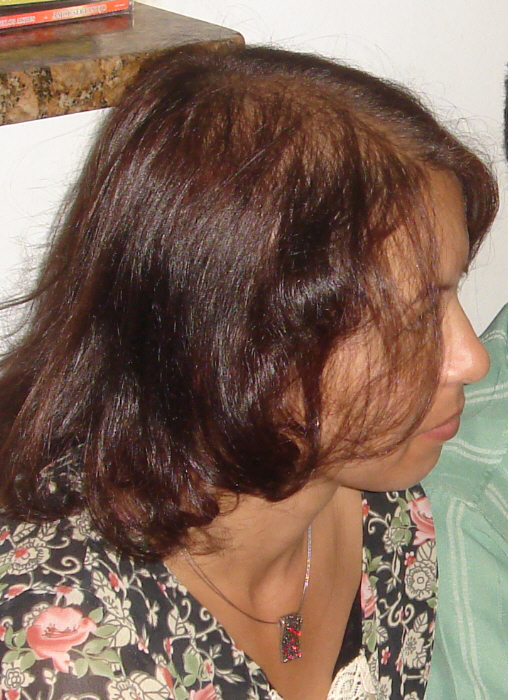One hundred and thirty-three women were killed last year in Basra, Iraq’s second largest city, either by religious vigilantes or as a result of so-called “honour” killings, a report said on 31 December.
The report, released by Basra Security Committee at a conference on women’s rights in the city, said 79 of the victims were deemed by extremists to be “violating Islamic teachings”, 47 others died in “honour” killings and the remaining seven were targeted for their political affiliations.
“The women of Basra are being horrifically murdered and then dumped in the garbage with notes saying they were killed for violating Islamic teachings," Bassem al-Moussawi, head of the committee and a member of Basra’s Provincial Council, told the conference.
“Sectarian groups are trying to force a strict interpretation of Islam… They send their vigilantes to roam the city, hunting down those who are deemed to be behaving against their [the extremists’] own interpretations,” al-Moussawi said.
The Basra office of Iraq’s radical Shia religious leader Muqtada al-Sadr said his movement opposed the killings and blamed “gangs with foreign support [which are out] to defame the religious movements”.
“It is a sin,” said Harith al-Ethari, a spokesman for al-Sadr’s office in Basra, not to wear a headscarf. “But killing women is a bigger sin,” al-Ethari said.
“There is a concrete religious principle that says that wearing makeup and foregoing a headscarf in public is a sin, but it must not be dealt with like this,” he said.
 Photo: Afif Sarhan/IRIN  |
| Some women are determined to continue their jobs despite the threats they face |
Before the US-led invasion in 2003, Basra was known for its mixed population and active night life. Now, in some areas, graffiti messages threaten any woman who wears makeup and appears in public with her hair uncovered: “Your makeup and your decision to forego the headscarf will bring you death,” reads graffiti in the city centre.
Throughout Iraq, many women wear headscarves, while others wear a full face veil, although secular women are often unveiled. In recent years, armed Islamic extremists in some parts of the country have sometimes forced women to cover their heads or face punishment.
Christian women also targeted
Christian women have even been forced to wear headscarves in many areas, including Baghdad.
On 11 December the bodies of a Christian woman and her brother were found in a Basra rubbish dump, police and church officials said on condition of anonymity.
A 20-year-old English student at Basra College of Arts has not been seen since she left her college last year following harassment by male students for using makeup and not wearing a headscarf.
“I'm from a secular family, but respect for Islam’s instructions and wearing make-up and foregoing the `hijab’ (headscarf) doesn’t mean that I’m a bad woman,” she told IRIN in a phone interview from Baghdad on condition of anonymity.
She said she was stopped once by two fellow students and ordered to cover her hair and stop wearing makeup “otherwise it's better for me not to attend class”.
sm/ar/cb
This article was produced by IRIN News while it was part of the United Nations Office for the Coordination of Humanitarian Affairs. Please send queries on copyright or liability to the UN. For more information: https://shop.un.org/rights-permissions





